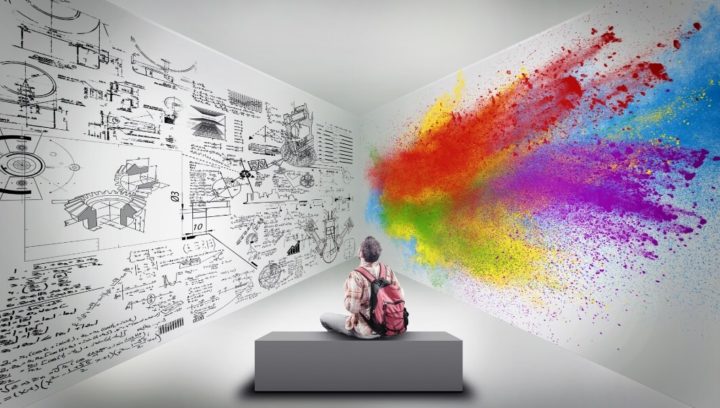Autism Spectrum Disorder (ASD)

It can be scary if a child or loved one is diagnosed with Autism Spectrum Disorder (ASD). What does that mean? Will they have a “normal” life? Is there treatment?
Autism Spectrum Disorder (ASD) is a diagnosis that now encompasses multiple conditions that historically have be diagnosed separately: Asperger’s Syndrome, Pervasive Developmental Disorder Not Other Specified (PDD-NOS), and Autistic Disorder. ASD is a developmental disorder (typically displaying symptoms in the first two years of life) that generally effects an individual’s communication skills and behaviors. Autism effects 1 in 54 US children;1 in 34 among boys and 1 in 145 among girls (03/2020).
Individuals with an ASD, according to the Diagnostic and Statistical Manual of Mental Disorders - DSM-V (a guide by the American Psychiatric Association to diagnose mental health disorders) often present with issues related to social and communication impairments, limited and restrictive interests, and repetitive behaviors. ASD can vary widely in specific symptoms, severity, and individual impact, and is commonly referred to as a “spectrum disorder”. A few common examples are listed below:
- Difficulty with eye contact
- Difficulty with routine or change
- Narrow, repetitive, or routine interests
- Poor perspective taking, relating to others, or understanding others feelings/views
- Difficulty shifting in topic, activities, or goals
- Difficulty with communication skills, reciprocal conversations, and/or speaking about non-preferred topics
- Lack of desire for physical contact
- Repeating words (echolalia) or sounds that are heard
- Repetitive actions
- Sensory sensitivities (noise, light, foods, clothing, temperature, etc.)
- Seen as “robot-like” sounding or “professor-like” interests
- Difficulty with “play” activities
- Uncertainty of how to speak with people
- Poor understanding of humor, theory of mind, or analogies
Transitioning from childhood to adulthood with Autism can prove to be overwhelming, often significantly effecting areas of life such as family and personal relationships, dating and marriage, education, sustaining employment, independent living skills, and self-care. If you or a loved one is struggling with any of these life changes, it may be time to seek professional treatment.
The Anxiety and OCD Treatment Center of Florida successfully treats children, teens and adults with Autism, supporting Applied Behavioral Analysis (ABA) using evidence based treatment specific for individuals with an ASD including: Cognitive-Behavioral Therapy (CBT) for ASD.

